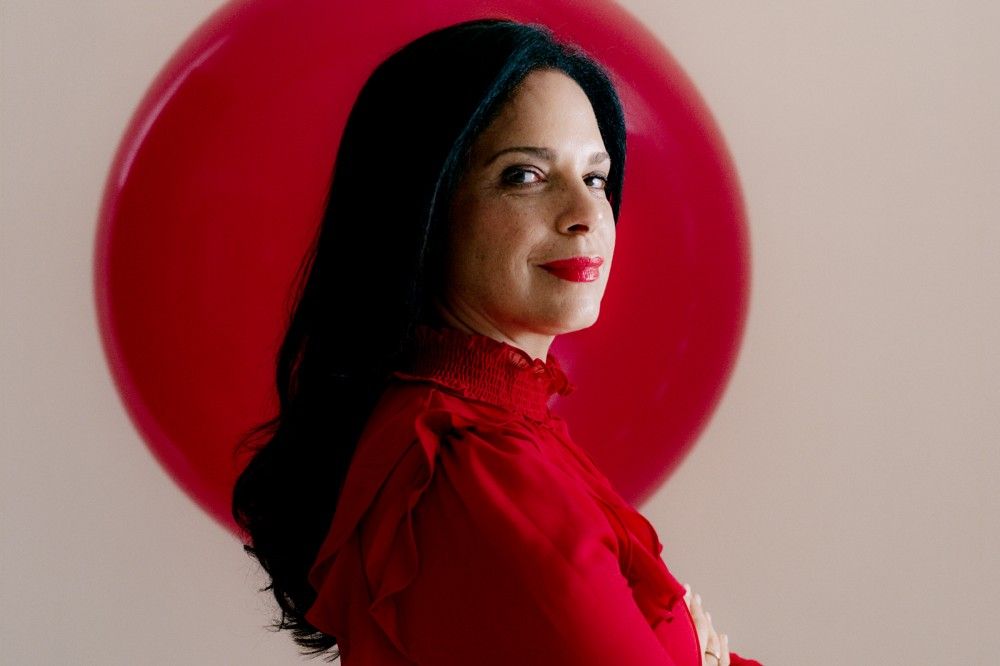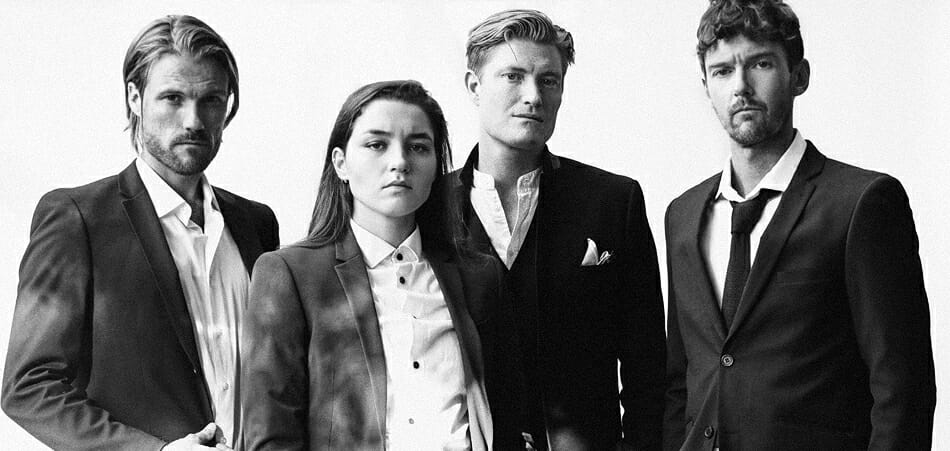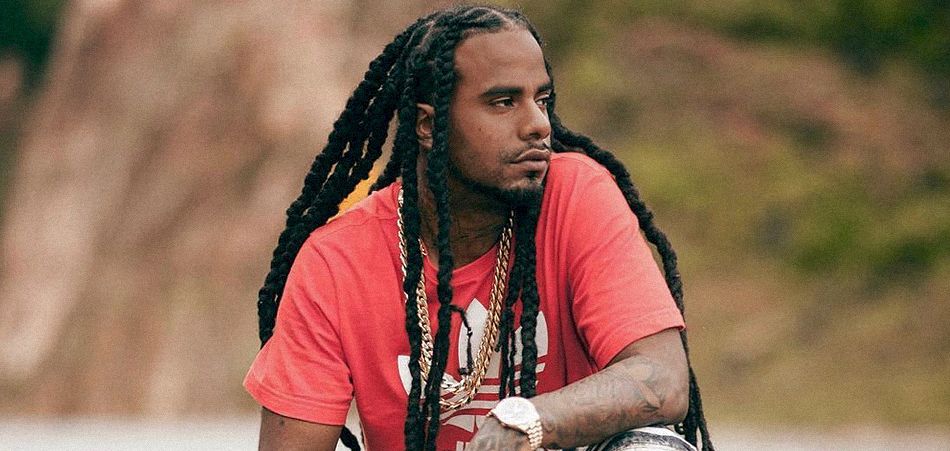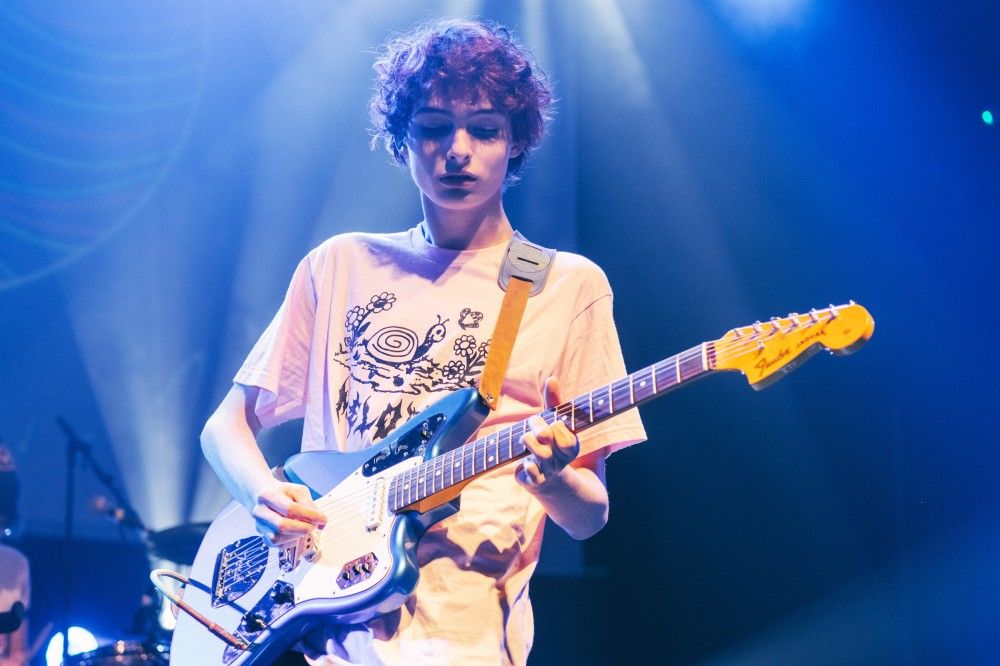
Soledad O'Brien Isn't Holding Back Anymore
Soledad O’Brien likes to tell a story: Eleven years ago, a senior employee at — “my boss’s boss’s boss” — called her into his office to upbraid her about a comment she had made while promoting her multipart series Black in America. At a panel, O’Brien had said she had interviewed black parents from various socioeconomic backgrounds, all of whom said they had conversations with their sons about how to navigate interactions with police. The superior, who was white, told her this experience was not specific to people of color, and that white parents had this discussion with their sons too. He requested that she stop publicly speaking about young black men and police brutality.
O’Brien was stunned. “I’d spent 18 months working on that doc,” the veteran journalist recalls in the office of her company, Soledad O’Brien Productions. “But the idea that I would come back with something that challenged his belief was just not acceptable.” Nonetheless, she wanted to keep her job, and she knew that speaking out would be career suicide. “I didn’t tell that story,” she says. “Until I was telling it on Twitter.” And once she started telling stories, she found she couldn’t stop.
For the first 25 years of her career, O’Brien, 53, was a high-profile broadcast journalist, winning Peabodys for her coverage of Hurricane Katrina and the BP oil spill, and gracing the pages of People’s 50 Most Beautiful list. Yet over the past few years, she has become one of establishment media’s most fiery critics. On Twitter, where she has more than a million followers, O’Brien regularly blasts outlets for coverage that minimizes the threats posed by Trump’s administration. “A hot mess,” she tweeted about a CNN interview with a Trump-supporting congressional candidate. Of a quote from New York Times executive editor Dean Baquet about how Trump’s victory was impossible for the media to predict: “This, folks, is bullshit.”
Early in her career, O’Brien, the daughter of an Afro Cuban mother and an Irish Australian father, graduated from local NBC affiliates in Boston and San Francisco to MSNBC and NBC; when she was pregnant (she has two daughters and twin sons, ages 19, 17, and 15, respectively), Maria Shriver gave her tips for how to gracefully vomit in a trash bin off camera. In 2003, she moved to CNN, where she helmed the Black in America series and won an Emmy for her coverage of the 2012 presidential election. In 2013, however, while she was hosting the morning show Starting Point, her CNN career ended abruptly when she was pushed out by then-incoming president Jeff Zucker.
O’Brien is sanguine about the terms of her departure. “When Jeff came in I knew they were gonna go a different direction, so I was ready,” she says. It also helped that, as part of the terms of her exit, CNN became the first client for Soledad O’Brien Productions, airing documentaries like 2014’s The War Comes Home, which focused on veterans with PTSD. She now heads up a staff of 11 from its headquarters in New York, traveling one night a week to shoot her syndicated TV talk show, Matter of Fact.
Being her own boss has given O’Brien the freedom to spotlight stories told by marginalized or underrepresented voices: Hungry to Learn, her recent documentary with filmmaker Geeta Gandbhir, shines light on low-income college students too mired in debt to afford food. It has also given her the freedom to publicly hold major media figures and outlets accountable. “When you’re largely self-employed, you have a lot more latitude to call it as you see it,” says her former executive producer Kim Bondy, who first met O’Brien at NBC News, in 1997. “There’s no calling her to the principal’s office. She is the principal.”
In person, O’Brien is quick to voice her criticism of well-known media figures, from CNN media reporter Brian Stelter (“He cannot call out the hypocrisy within his own company — he just can’t”) to New York Times columnist Bret Stephens (“I think he’s just lost his way”) to Chris Cillizza (“That’s a person I really think is terrible”). She bristles at a CNN representative’s recent comment, in response to O’Brien’s criticism of a much-maligned Cillizza column, that she has become “more of a liberal activist than a journalist.” Such a categorization, O’Brien says, is only accurate “if you consider yelling at people on Twitter activism. I’m in the service of telling people, ‘This is just bullshit. This is just not true.’” Still, she seems to derive glee from burning as many bridges as she can, though she acknowledges that as the CEO of her own company she is in a “very rarefied position” to do so. “Often people will DM me and say, ‘Listen, that’s so true. But I’m trying to be a guest on Meet the Press, so I can’t say anything,’” O’Brien says. “I don’t want to be booked on Meet the Press. I’m OK with that. I’ve done a lot of stuff, and it’s just not my path now.”



